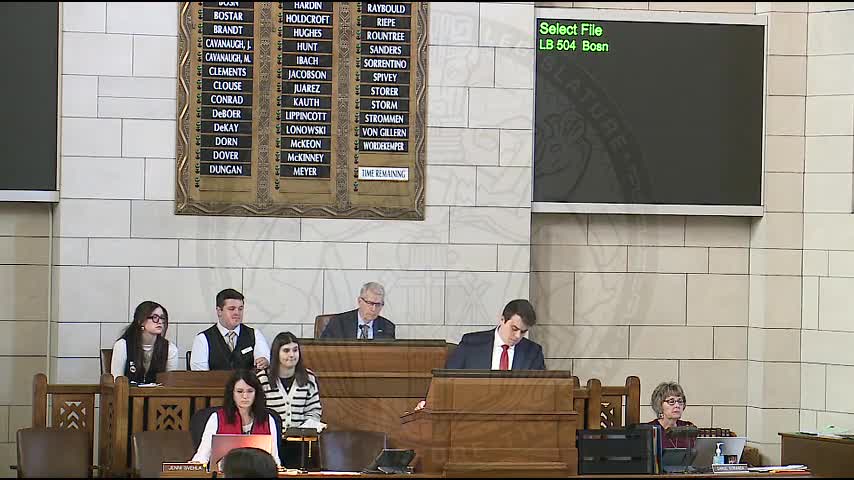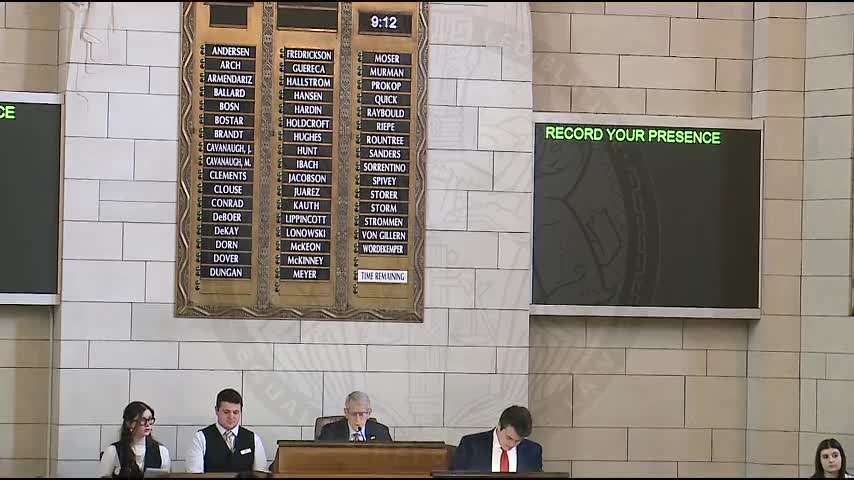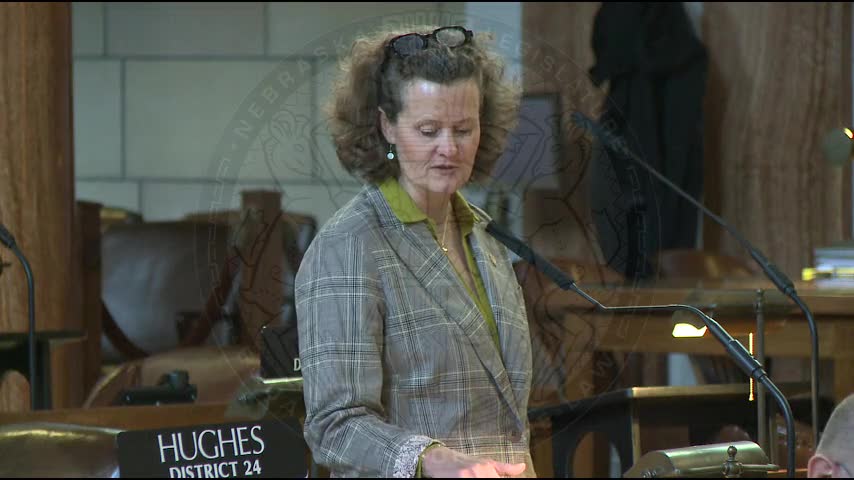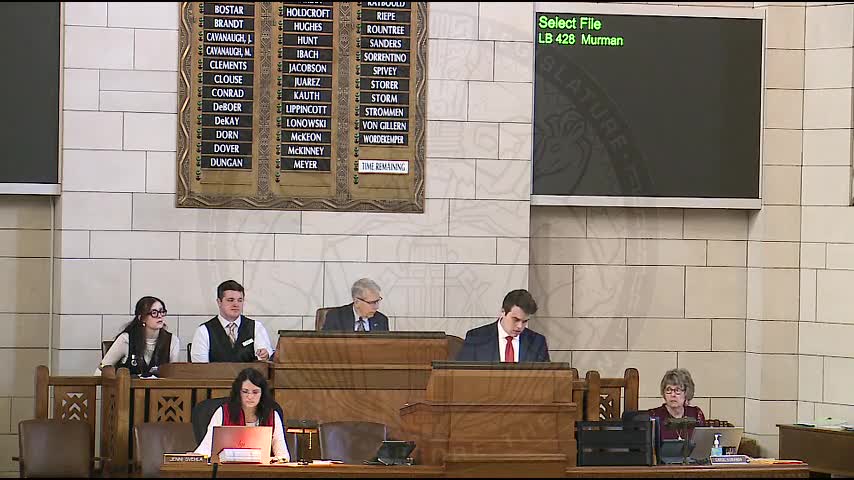Article not found
This article is no longer available. But don't worry—we've gathered other articles that discuss the same topic.

Nebraska senators debate Age-Appropriate Online Design Code Act amid First Amendment and implementation concerns

At a glance: committee confirmations and report adoptions recorded on the floor

Senators advance school cell‑phone policy bill after committee work and student testimony

